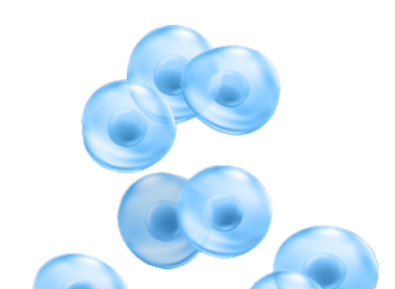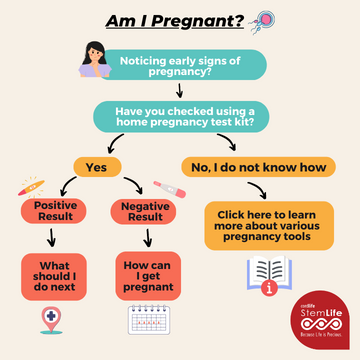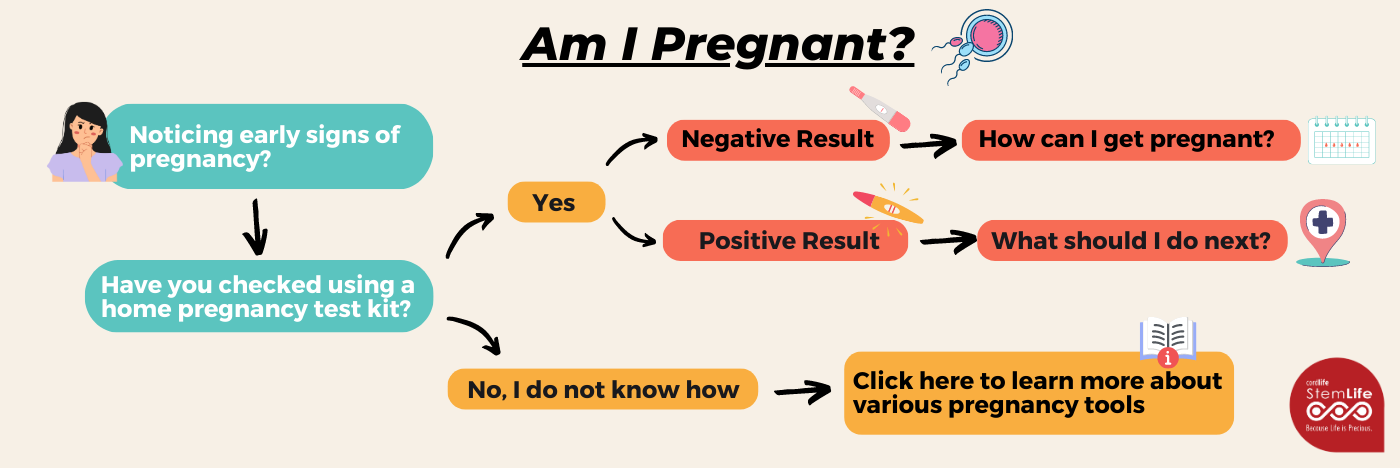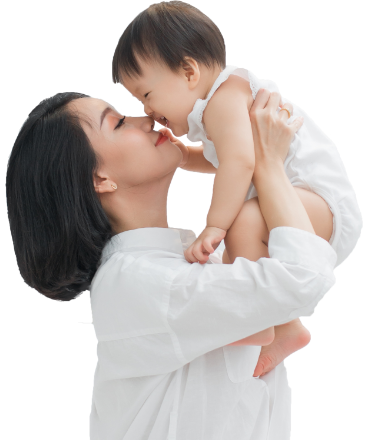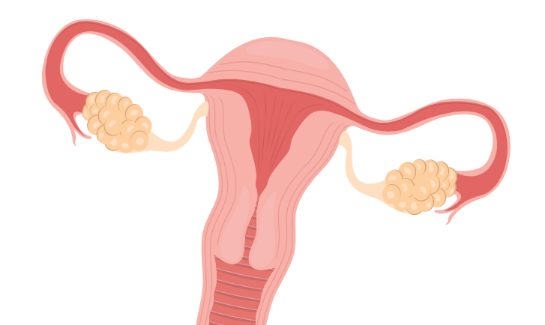
Have you ever wondered how a baby is formed in your womb?
Yes, we need a healthy egg and sperm, but what exactly are the things that need to happen in order for you to become pregnant?

7 early pregnancy symptoms that you should know
“Am I pregnant?”
Oftentimes, women who are trying to conceive will be asking themselves this question a lot. Especially when the date for the next period cycle is nearing and you may start to suspect (or hope) that you are pregnant. You will start noticing some symptoms or changes in your body and there is a chance that you could actually be pregnant. There is only one way to determine whether you are pregnant or not, and it is through the pregnancy test.
But, guess what? Other than a late period, there are some other early pregnancy symptoms that you can look out for. Let’s have a look at some of them!
Some women reported to feel minor cramps in the lower abdomen and this cramp is commonly associated with implantation.
Similar to when you are at the start of a menstrual period, you may also experience bloating as a result of hormonal changes.
Due to the rapid increase of hormones in your body at the early stage of pregnancy, some women may feel unusually emotional and weepy.
A missed period is one of the most well-known signs of early pregnancy. If your period is late by one or more weeks, there is a high chance that you could be pregnant. But do also keep in mind that the symptom can be misleading if you normally have irregular menses.
Hormonal changes during the early stage of pregnancy can make your breasts feel tender and slightly painful. As your body adapts to the hormonal changes, the pain and discomfort will subside after a few weeks.
You may also find yourself urinating more than usual. This is because when you’re pregnant, there is an increase in the amount of blood in the body, so more blood flows to the pelvic region and kidneys causing your kidneys to process more fluid which will end up in your bladder.
You may have heard of morning sickness among pregnant women. It can occur at anytime throughout the day but more often in the morning around one to two months after conceiving. Nonetheless, some women experience nausea at an earlier stage.
Do take note that these signs and symptoms may not always be unique to pregnancy.
It can be quite confusing as the signs are also similar to when your period is about to start. Should you experience a delayed period with some of these symptoms, you can either start taking a home pregnancy test or visit your healthcare provider.
Have you ever wondered how a baby is formed in your womb?
Yes, we need a healthy egg and sperm, but what exactly are the things that need to happen in order for you to become pregnant?
Basically, there are 3 main stages a woman needs to go through for a pregnancy to take place.
They are ovulation, fertilisation and implantation. Each stage is critical and we shall take you through them one by one.
Ovulation
When the egg is released

Unlike men whose sperm can be released at any time, a woman’s eggs will only be available at a certain time each month. Usually only one egg is released each month, from either of the two ovaries. Occasionally two or more eggs can be released giving rise to multiple babies. Ovulation does not occur simply at any time. In fact, it is released during the ovulation period. Find out your ovulation date here.
Fertilisation
When the sperm meets the egg

When couples have unprotected sexual intercourse, the ejected sperms swim across the vagina and cervical canal to either one of the Fallopian tubes where they will meet the egg (ovum) that was released. Fertilisation only occurs if the sperm successfully penetrates the ovum.
Implantation
When the fertilised egg stick to the walls
The fertilised egg starts to develop and the cells in it will divide. After that, it will travel down to the uterus and attaches itself to the uterine lining This process is called implantation. If it fails to implant, both the egg and thickened endometrium will be shed and this causes menstrual period.
Now that you know about these stages, you can see that getting pregnant is not as easy as it seems
Some people get pregnant the first time they have unprotected sexual intercourse, while others may take more than 6 months to a year or even longer to conceive. Anything can happen in between the 3 stages mentioned above.
If you want to know more about pregnancy and how the foetus develops, check out this short video here!
Video from : National Geographics
Fact:
Did you know that after an egg is fertilised, it will continue to divide and form an embryo.
This embryo will contain highly potent stem cells! Aside from that, did you also know that the baby’s umbilical cord is rich with stem cells that have medical potentials?
